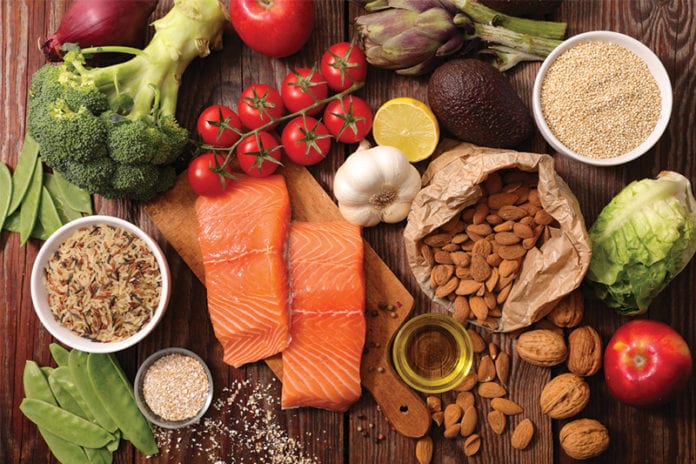As a nurse, you already know that diet is linked to overall health, especially our heart health. What we eat on a daily basis can have a big impact on whether we’ll develop conditions like type 2 diabetes or heart disease or even suffer a stroke.
Unfortunately, more and more people are being diagnosed with these conditions in the United States. For example, in 2012 alone, an estimated 700,000 people died from cardiometabolic diseases, like heart disease, type 2 diabetes, or stroke. Of those 700,000 deaths, 319,000 likely were linked to a poor diet.
That’s a high number of deaths each year that are totally preventable with a healthier diet. Dariush Mozaffarian, the dean of the Friedman School at Tufts and senior author of a study recently published in the Journal of the American Medical Association, said: “This is a remarkable burden, nearly 1,000 deaths each day linked to dietary habits.”
Fortunately, scientists who worked on the newly published study were able better understand what foods contribute to these diseases and what foods can actually help prevent them. They even compiled a list of foods to either avoid or eat more of. So, what foods are at the top of the “do not eat” list and which foods have been given the green light? Let’s take a look.
Foods to Avoid
- Sodium
- Red meat
- Sugary beverages
- Processed meats
Foods to Eat More of
- Vegetables
- Nuts
- Whole grains
- Seafood rich in omega-3 fatty acids
- Polyunsaturated fats
- Fruits
With all of their research and evidence compiled, Tuft scientists agree that in order to fight cardiometabolic diseases, Americans must be prepared to change their dietary habits. In fact, making simple changes in your diet, like choosing a banana for breakfast instead of a bowl of sugary cereal or doughnut, can decrease your risk of heart disease, type 2 diabetes, and stroke by 50 percent.
This sounds great and all, but where did Mozaffarian and his team get their data? Well, it turns out their analysis was based on data compiled by the NHANES federal survey, otherwise known as the National Health and Nutrition Examination Survey. Researchers questioned 8,500 participants about their dietary habits. Mozaffarian and his team also looked at the link between diet and diseases from previous clinical trials and studies.

